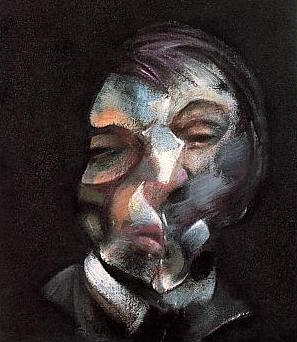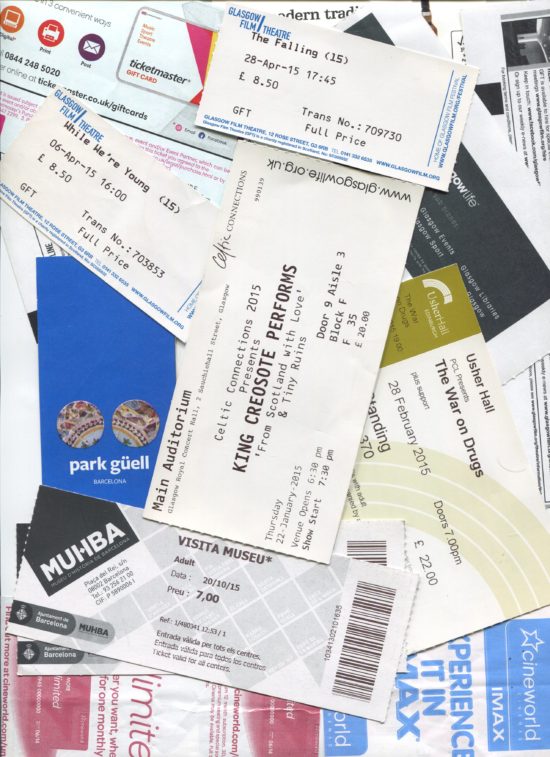You have no items in your cart. Want to get some nice things?
Go shopping A couple of weeks ago I had a heavy day which comprised of teaching at my local University in the morning, followed by an afternoon of work and approximately four phone calls with colleagues or clients. Heavy.
A couple of weeks ago I had a heavy day which comprised of teaching at my local University in the morning, followed by an afternoon of work and approximately four phone calls with colleagues or clients. Heavy.
For the first time since I instigated my daily writing habit, it felt like it had become a millstone around my neck; it was dangerously close to becoming a chore. I started my journal at 11:20pm that day. I was tired, I wanted to go to bed, but I stuck to it. I didn’t feel right about missing it. There was, after all, too much to express.
I view that day as a temporary blip. It was an early speed bump reminding me that I was still on the right road. It hasn’t become a chore (yet). I’m still going (for now).
Something that has helped add a little motivation to my daily journaling habit has been my participation in 100 Naked Words which is a publication on Medium encouraging daily posting of at least 100 words. This isn’t really a challenge for me since I write over 800 words a day at the moment.
Admittedly, most of what I write in my daily journal is private and unpublishable (drivel), but there are odd bits and pieces which cluster together to form passable collections of words which make up tolerable sentences. It feels good to be able to share little pieces of my journal with the world on 100 Naked Words without baring my soul completely. There are other benefits too. Most of this article you’re reading now was, in fact, sparked by thoughts expressed in my journal.
I am convinced that my journaling also helps me pick up on little details of life that would normally pass me by. My wife recently had to be admitted to hospital quite late in her pregnancy. We experienced what is technically know as a “false alarm“. It wasn’t a particularly pleasant visit, but those are details for another time.
During the visit, my wife had to have a cannula inserted into her hand. It gives me shudders thinking about it. Keep writing. It will pass. So for those who do not know what a cannula is, it is “a thin tube inserted into a vein to administer medication or drain off fluid”. I’ve never had one. I don’t wish to have one. My poor wife had to have one.
It was a new word for me. Cannula. Cann-You-Lah. I must have been exposed to it before, but it had never stuck. This time, it stuck. I had to look up the spelling because I had no idea how to spell it. I actually wanted to know how to spell it. Cannula. It rolls off the tongue. If it wasn’t for my journaling habit, I don’t think I would have cared about the word.
Where am I going with this? Well, my brain threw a few sparks and came up with the concept that reading and writing is tightly linked to having a well-inserted mental cannula. What’s a mental cannula? No idea. I just made it up. But it feels like it makes sense.
In the medical context, if you don’t have a properly inserted cannula, then you won’t be able to receive beneficial fluids, nor will you be able to give blood for testing.
I am not exactly sure how to define the process of mental cannulation, but I know it involves being open to and aware of external factors. It involves taking in as well as giving out. It involves a degree of pain and discomfort.
One thing I am sure of: if you aren’t properly cannulated then you won’t be able to absorb what you read, nor will you be able to bleed onto the page.
About J M Jackson
Dad first, etc second. Prefers writing about life instead of facing it. Occupied by unruly Nabokovian irritation & irrepressible Kafkaesque positivity. Working on his first novel.




